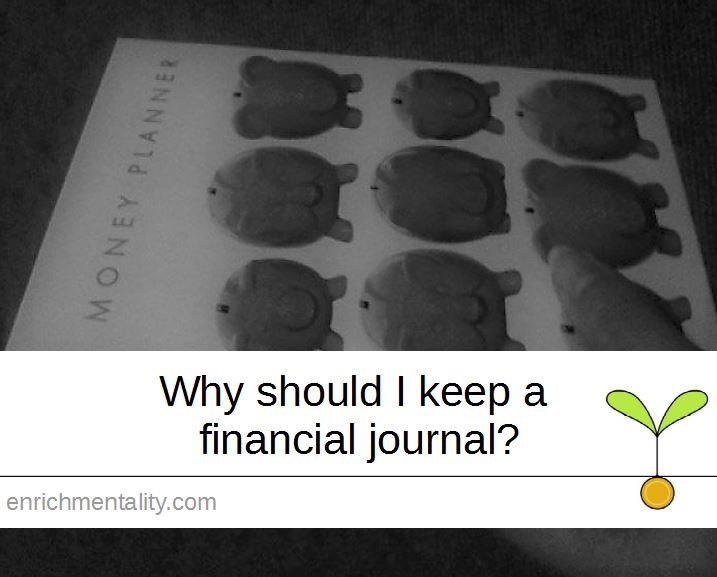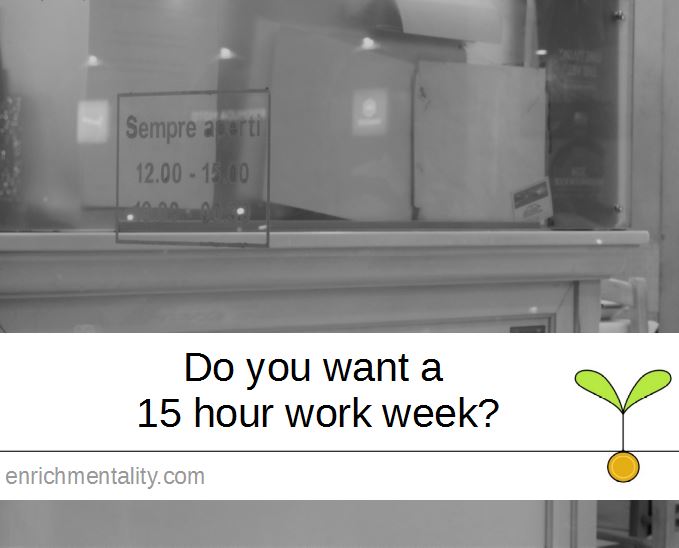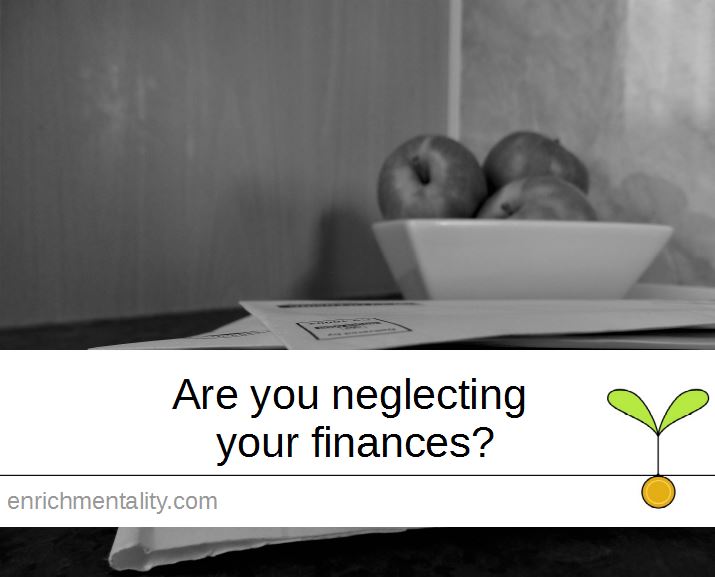Although the logo for Enrichmentality is a sprouting seed, symbolising the growth of new ideas and a better outlook on life, I am a terrible gardener.
I began this blog over five months ago with an anecdote about my failure to grow a money tree from planting my pocket money as a child. It should come as no surprise, then, to know that I’m also a failed gardener when it comes to growing actual plants from seed too!
I never managed to grow vegetables when we had a yard, but living in a small apartment with no balcony or external window sills posed a particular challenge.










